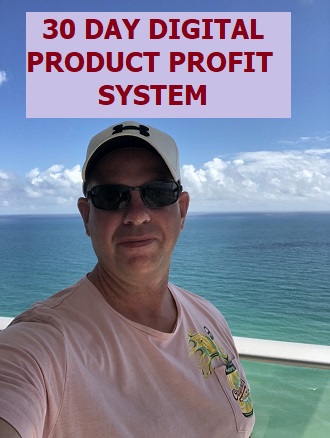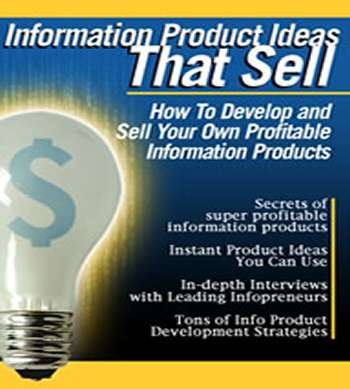Happy to see that Seth Godin addressed the most recent article in Fast Company where Clive Thompson reviews and discusses the holy grail of marketing – how trends get rolling and how people are influenced to buy en masse.
In a nutshell, you have Tipping Point by Malcolm Galdwell that espouses the importance of Influencers – who through their market reach, credibility and existing relationships with their marketplace are necessary and account for a large part of how trends emerge for any given product or service.
On the other side of the ring…you have Duncan Watts who trashes this theory of influencers arguing that "It just doesn’t work, a rare group of people just don’t have that power"
What DOES matter according to Duncan?
A market’s readiness to accept and adopt a new idea, concept or product.
I wrote about this article first inside InfoMarketerszone because it is exactly in-line with the in-depth techniques and strategies we teach for aspiring e-book, book and information product marketers – to step inside your marketplace, participate, interact and discover (from the inside) what your market is ready for next.
My feeling is that Seth too quickly dismisses Duncan’s ideas in favor of the Influencers theory – perhaps partly because anyone as brilliant and involved in his or her marketplace as Seth is likely takes advantage of the knowledge that he accesses and turns into winning thoughts and books.
Yes, influencers are important, but using the typical Chicken and Egg analogy, what comes first – the good idea or the adoption of the idea by influencers?
In most cases, it’s the identification of a raw nerve, overt or implicit desire within a marketplace that leads to early adopter passion which can then culminate in mass market acceptance so long as the idea, concept or product is simple enough and impactful enough for the mass market.
What do you think is more important – the desire behind a product or the fact that top influencers have adopted it?
And…here’s an even better question,
How did the influencer become an influencer if he didn’t have a deeper understanding of his marketplace than anyone else?
Doesn’t it stand that if someone has become a leading, trusted force in their marketplace that they have tapped into either an explicit or implicit desire for information that their competitors have not? If the answer to this question is yes, then it is perhaps the presence of market involvement, knowledge and empathy that are the greatest skills toward finding concepts and positioning them to become larger trends.


